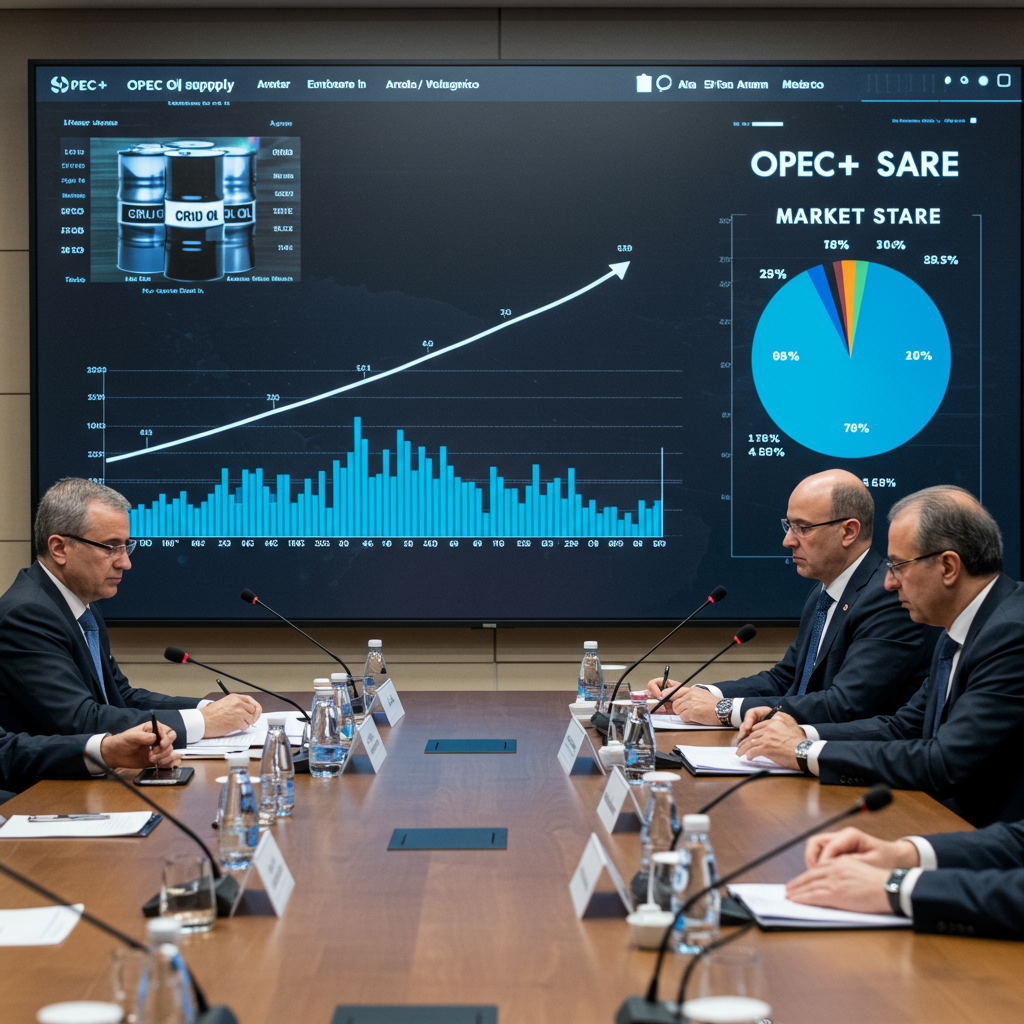The battle for artificial intelligence supremacy is escalating, marked by aggressive recruitment tactics and eye-watering sums of money. According to OpenAI CEO Sam Altman, tech giant Meta Platforms has attempted to poach his top AI talent with extraordinary financial incentives, including signing bonuses reportedly reaching an unprecedented $100 million.
Speaking on the “Uncapped” podcast hosted by his brother, Altman detailed Meta’s attempts to hire “a lot of people” from OpenAI. Despite the enormous offers, which included potentially larger annual compensation packages, Altman stated that “so far none of our best people have decided to take them up on that.”
Meta’s Aggressive AI Push
Altman revealed that Meta views OpenAI as its biggest competitor, suggesting that Meta’s current AI progress may not have met internal expectations. This intense focus aligns with reports indicating Meta CEO Mark Zuckerberg’s personal drive to build a leading AI research team and invest billions in the effort, aiming to create a “superintelligence” lab.
Meta’s aggressive stance follows reports, such as one in the Wall Street Journal, that the company had delayed the release of its latest flagship AI model due to capability concerns. Sources previously told CNBC that Zuckerberg’s frustration with Meta’s standing in AI has fueled a willingness to spend massive amounts to secure top expertise.
High-Profile Hires and Investments
Meta’s talent acquisition strategy extends beyond poaching attempts. The company recently made a significant move by acquiring a 49% stake in AI startup Scale AI for $14.3 billion. This deal included bringing Scale AI founder Alexandr Wang aboard, who is rumored to head Meta’s “superintelligence” research lab, along with some Scale AI employees. Meta has also successfully recruited other top AI researchers, including Jack Rae from Google’s DeepMind lab, with reports indicating Zuckerberg’s direct involvement in these high-profile recruitments.
Altman’s Critique of Meta’s Strategy
Despite the financial might behind Meta’s efforts, Altman expressed skepticism about the efficacy of relying on massive upfront bonuses and guaranteed compensation. He argued that such strategies could detract from the intrinsic motivation of the work itself and hinder the development of a strong winning culture.
“Copying OpenAI basically never works,” Altman commented on the podcast, suggesting that companies solely focused on replicating a competitor’s approach are always playing catch-up. He believes this prevents them from building the kind of culture necessary for true innovation and learning.
Context and Alternative Perspectives
While the reported $100 million bonus offers highlight the extreme competition, big talent and startup deals are common in the AI space. OpenAI itself recently acquired the AI device startup io, founded by former Apple design chief Jony Ive, in a $6.4 billion all-equity deal.
Furthermore, not all analysts believe Meta is struggling in the AI race. Daniel Newman, CEO at Futurum Group, told CNBC that Meta has played a foundational role in the open-source AI community, particularly with its Llama series of large language models. Newman noted that “so much of what is happening in AI is being built on Meta,” highlighting the impact of their open-source contributions. He added that Meta’s substantial investments, such as the Scale AI deal, will continue to propel their model training capabilities forward.
The reported $100 million bonus attempts, coupled with significant investments and strategic hires, underscore the intense, multi-faceted battle for leadership unfolding between tech giants like Meta and OpenAI in the rapidly evolving field of artificial intelligence.

